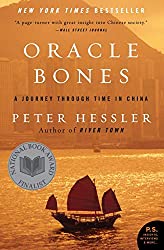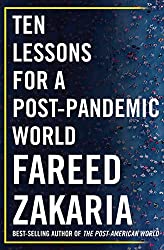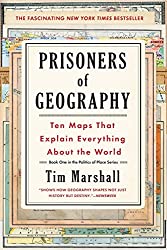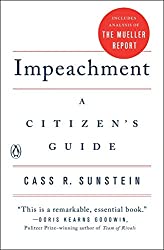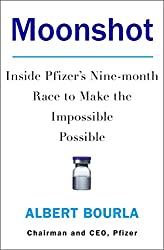
Rating: 7.5/10.
Moonshot: Inside Pfizer’s Nine-Month Race to Make the Impossible Possible by Dr. Albert Bourla
Book by the CEO of Pfizer on the story of how the Pfizer/BioNTech vaccine was made. Most of the events in this book will be familiar to anybody who has been following the news for the past three years, but I still found this book to give a fresh look on the events, from the perspective of the leader of one of the world’s largest pharmaceutical companies.
Work on the vaccine started almost immediately after the world realized COVID-19 was going to be a pandemic. The first decision was which kind of vaccine to develop, and the medical team decided on the mRNA technology. This was a risky strategy because it would be the first mRNA vaccine to have ever existed, involving many additional challenges in manufacturing and distribution, but it proved to be the correct choice. They start working with BioNTech, who specialized in mRNA and have worked with Pfizer before; they proceeded with minimal legal agreements to get things moving quickly.
Throughout the vaccine development process, the CEO emphasized speed over everything else. Normally it would take several years for all the stages of a clinical trial, but this was unacceptable and the team made a plan to finish the clinical trials by October 2020, still upholding the strictest medical standards but speeding things up by throwing a lot of money at it and doing things in parallel that would normally be done sequentially. He pushed people hard, reminding them that “time is life” when it came to developing the vaccine. They were expecting around 70% efficacy in the clinical trial and were pleasantly surprised when the numbers turned out to be about 95%.
After overcoming many hurdles in development and manufacturing, the challenges for the second phase were political. Governments tried various political tactics to subvert earlier agreements and get the vaccine to their population earlier, such as export restrictions, while the CEO was committed to honoring prior agreements and equity for poorer countries who would not get the vaccine otherwise, so figuring out how to distribute the limited doses was like navigating a political minefield. Israel was deliberately chosen to be the first country to have mass vaccinations, this was to demonstrate to the world the effect of vaccinations on preventing COVID spread in a society, and this trial was when they identified the need for booster shots after six months.
Overall, not a lot of technical details (beyond what you’ve probably read already), but this was an inspiring story of leadership: how a talented team with a clear mission and strong leadership can accomplish feats that were thought to be impossible. Many challenges are obvious now in hindsight, but were not at all obvious when the biotech team had to face them.
